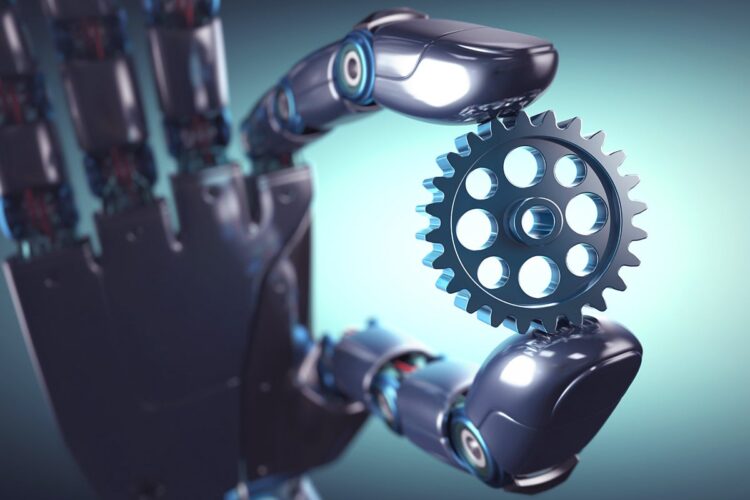In the swirling landscapes of modern business, the integration of AI and automation has emerged as a transformative force, reshaping workflows across industries. No longer just a futuristic concept, these technologies are now indispensable tools that enhance efficiency and drive innovation.
From streamlining routine tasks to providing profound insights through data analysis, businesses are discovering that the blend of human ingenuity and machine intelligence can unlock unprecedented potential. As organizations navigate this new terrain, they must adapt to the evolving dynamics of work, where speed and accuracy reign supreme.
This article delves into three pivotal roles that AI and automation are playing, illuminating their impact on productivity, decision-making, and the overall work environment. Prepare to explore how these advancements not only optimize operations but also redefine the very fabric of how we conduct business in the digital age.
Streamlining Operational Efficiency

In an era where agility and precision are paramount, streamlining operational efficiency has become a business imperative. Companies harness the power of Artificial Intelligence and automation to examine workflows meticulously, unearthing bottlenecks that once stifled productivity.
Imagine a finance department that, instead of manually processing invoices, utilizes intelligent software that can validate and approve them in seconds—freeing up human resources for more strategic tasks. With predictive analytics, businesses can anticipate market shifts, allowing them to pivot with unprecedented speed.
Consequently, operational processes not only accelerate but also align more closely with organizational goals, driving consistency and quality in output. The synergy of AI and automation transforms the mundane into the extraordinary, empowering teams to innovate rather than stagnate, and ultimately creating a competitive edge in an ever-evolving landscape.
Enhancing Decision-Making with Data-Driven Insights

In the rapidly evolving landscape of business, harnessing data-driven insights has emerged as a game-changer for decision-making processes. With artificial intelligence and automation, organizations can sift through vast amounts of data, uncovering patterns and trends that might otherwise go unnoticed.
Imagine a scenario where a manager is faced with a critical decision: in traditional settings, this process could be riddled with uncertainties and biases. Yet, with AI-enhanced analytics, options can be evaluated against real-time data, empowering leaders to make informed choices that align with both market dynamics and consumer behavior.
The result? A reduction in guesswork and an elevation in strategic foresight. As these technologies continue to mature, businesses not only become more agile but also foster a culture that prioritizes data transparency and collaborative intelligence, paving the way for sustained growth and innovation.
Improving Customer Experience and Engagement!

Improving customer experience and engagement has never been more dynamic, thanks to the growing influence of AI and automation in business workflows. Imagine a world where chatbots not only respond to inquiries but engage in meaningful dialogues, understanding customer emotions and preferences.
Picture personalized marketing campaigns that analyze consumer behavior in real time, tweaking their approach on the fly for maximum resonance. From automating routine tasks that free up human employees for creative thinking, to using data analytics for hyper-targeted outreach, the synergy between AI and human insight is redefining how brands connect with their audiences.
This transformative shift not only enhances the customer journey but cultivates loyalty and satisfaction, making every interaction count. In this fast-paced digital age, understanding and anticipating customer needs is the key to thriving, and AI is leading the charge.
Conclusion
In conclusion, the integration of AI and automation into business workflows is reshaping the landscape of how organizations operate, driving efficiency, innovation, and adaptability in an increasingly competitive environment. As companies embrace these technologies, autonomous AI agents are emerging as valuable assets, capable of performing complex tasks with minimal human intervention and enhancing decision-making processes. This evolution not only streamlines operations but also allows employees to focus on higher-level strategic functions, ultimately fostering a culture of continuous improvement.
As we move forward, the synergy between human creativity and AI-driven automation is set to unlock unprecedented opportunities for businesses, making it essential for organizations to leverage these advancements to stay ahead in the ever-evolving marketplace.

